
Does The Inside Of Your Ear Itch
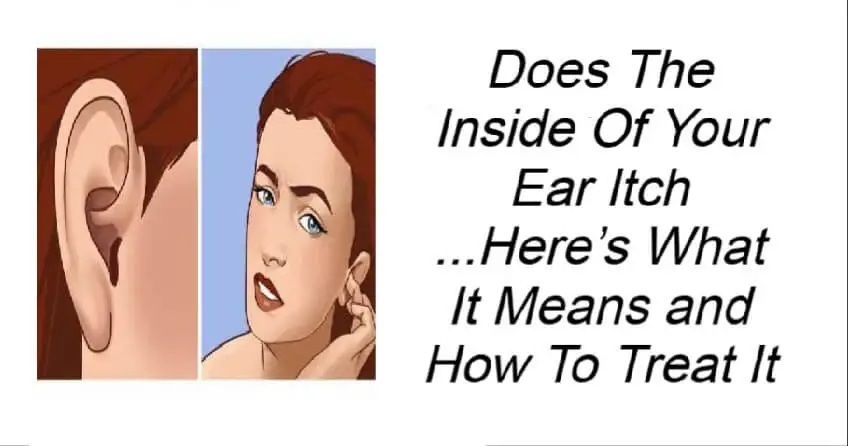
Have you ever felt that persistent, annoying itch deep inside your ear that just won’t seem to go away? You're not alone. Itchy ears are a common issue experienced by people of all ages. While it may seem like a minor annoyance, this symptom can actually be a signal that something more serious is going on. Understanding the causes and knowing how to treat itchy ears can provide lasting relief—and even prevent complications down the line.
In this article, we'll take a closer look at why your ears might be itching and explore both home remedies and medical treatments that can help.
What Causes Itchy Ears?
Several factors can contribute to that irritating itch inside your ear. Some are harmless, while others may require medical attention. Here are the most common culprits:
1. Dry Skin
Just like the rest of your body, the skin inside your ears can become dry and flaky. This often happens from over-cleaning, especially with cotton swabs, or from a natural lack of earwax. Without enough wax, your ears lose their protective moisture barrier, leading to dryness and irritation.
2. Ear Infections
Bacterial or fungal infections in the ear canal can cause intense itching, often accompanied by pain, redness, and discharge. Swimmer’s ear, for example, is a common condition caused by water getting trapped in the ear, creating a moist environment ideal for bacteria and fungi to grow.
3. Allergic Reactions
Your ears may react to allergens such as certain metals in earrings (like nickel), body lotions, hair sprays, or shampoos. These substances can trigger contact dermatitis, which causes redness, swelling, and itching in or around the ears.
4. Earwax Buildup
While earwax helps protect the ear from dust and bacteria, an excessive buildup can cause blockage, pressure, and a persistent itchy feeling. Trying to remove wax with objects like cotton swabs can push it deeper, worsening the problem.
5. Skin Conditions (Eczema, Psoriasis)
Chronic skin conditions like eczema and psoriasis can affect the ear canal as well. If you have these conditions elsewhere on your body, there’s a good chance they might be contributing to ear discomfort too.
6. Hearing Aids or Earbuds
Wearing hearing aids or earbuds for long periods can cause friction or trap moisture, both of which can lead to itching. Poorly fitted devices may also irritate the delicate skin inside the ears.
How to Treat Itchy Ears: Simple and Effective Solutions
Thankfully, most cases of itchy ears can be treated easily with a few lifestyle changes or over-the-counter products. Here are some of the most effective ways to get relief:
1. Use Over-the-Counter Ear Drops
There are many ear drops available that are designed to moisturize dry ears, dissolve excess wax, or treat minor infections. Look for alcohol-free formulas if your ears are sensitive. Always follow the instructions and consult a pharmacist if you’re unsure which type to use.
2. Keep Your Ears Clean—But Gently
Avoid inserting anything deep into your ear canal. Instead, clean the outer ear with a soft, damp cloth. Let your ears self-regulate their wax production, and never use sharp or rigid tools inside your ears.
3. Stay Hydrated
Dehydration can dry out your skin, including the sensitive skin inside your ears. Make sure you’re drinking enough water throughout the day, especially in dry or hot climates.
4. Avoid Irritants and Allergens
If you suspect your itching is due to an allergic reaction, try eliminating potential triggers. Switch to hypoallergenic personal care products, avoid earrings made from reactive metals, and limit exposure to perfumes or hair sprays.
5. Use Moisturizers or Oils (With Caution)
Natural oils like olive oil or mineral oil can help moisturize dry ear skin. However, these should only be used externally or under a doctor’s guidance if you have any signs of infection or ear damage.
6. See a Doctor if It Persists
If home remedies don’t work or symptoms worsen—such as pain, discharge, or hearing loss—it’s best to see an ENT (ear, nose, and throat) specialist. They can properly diagnose the issue and prescribe treatment such as antifungal or antibiotic drops, or remove impacted earwax safely.
Final Thoughts: Don’t Ignore That Itch
Itchy ears may seem like a minor irritation, but they can sometimes be a sign of underlying problems that shouldn’t be ignored. By understanding what’s causing the itch and treating it appropriately, you can find fast relief and help prevent more serious complications in the future.
Your ears are a sensitive and essential part of your body—listen to what they’re telling you. Taking proper care of them not only keeps discomfort at bay but also supports your overall ear health and hearing well-being.
News in the same category


Early Symptoms of Ovarian Cancer
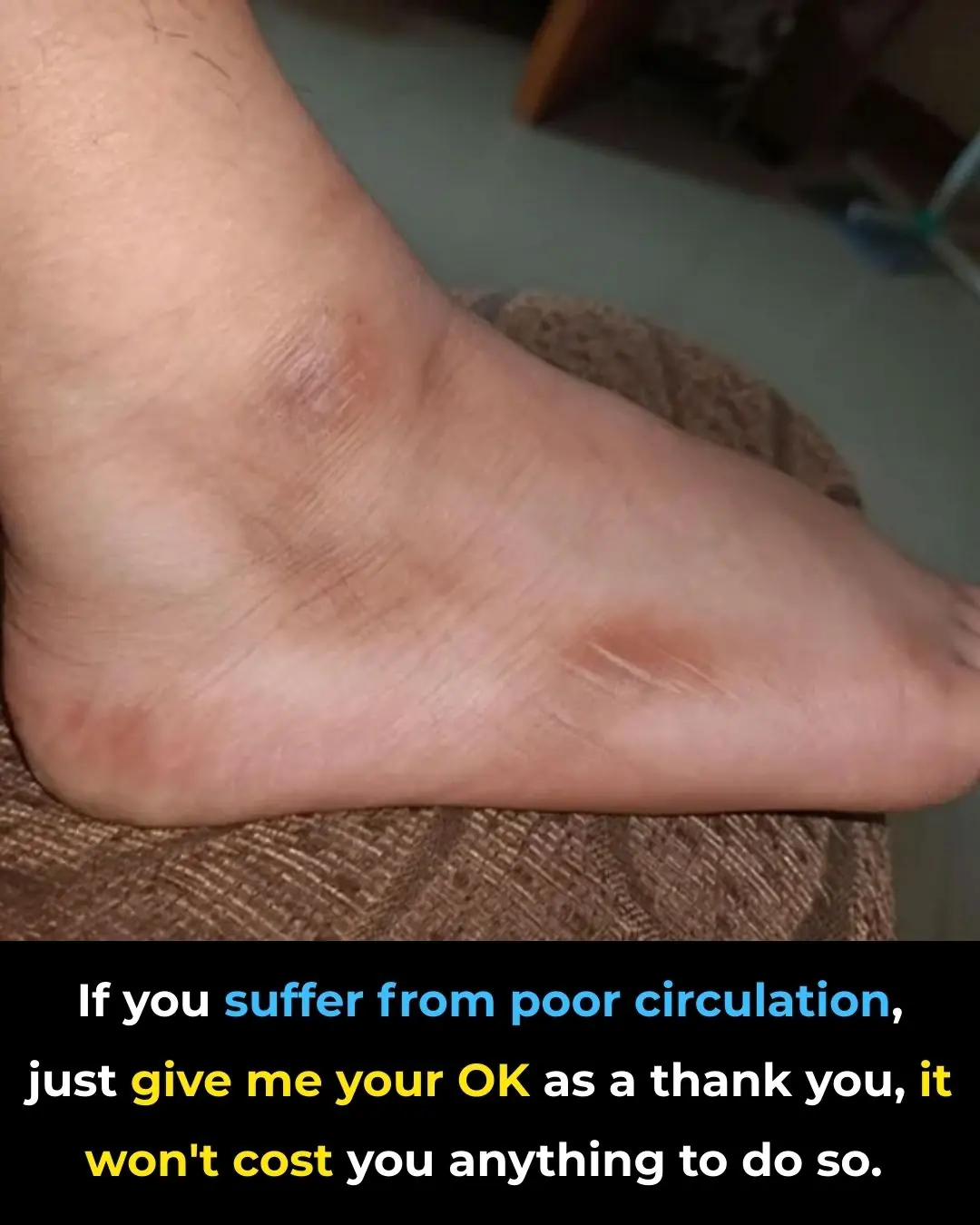
🩺 If Your Legs Feel Heavy, Cold, or Tingly—Here’s What It Means (And How to Improve Circulation Naturally)
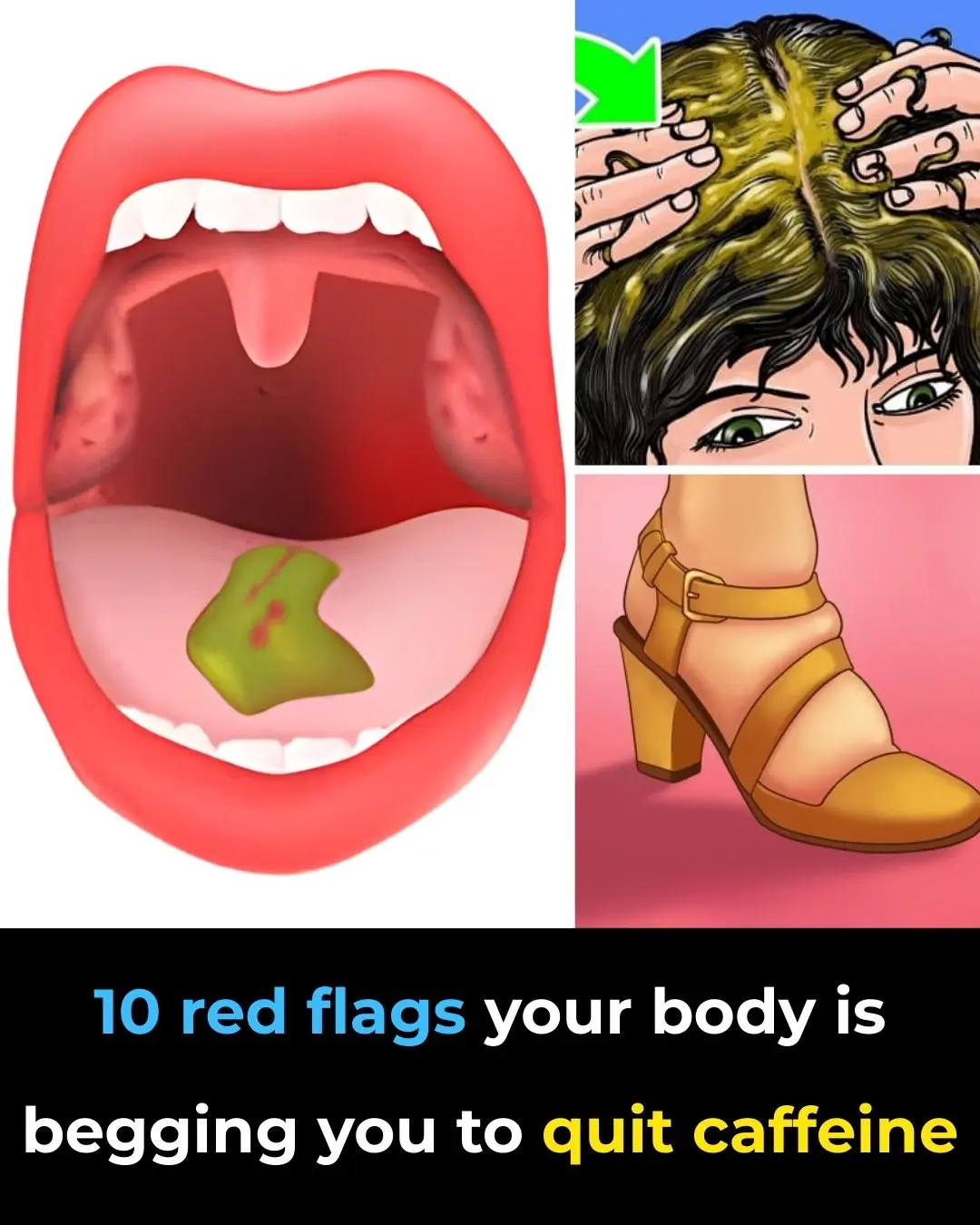
10 Warning Signs It’s Time to Cut Back on Caffeine
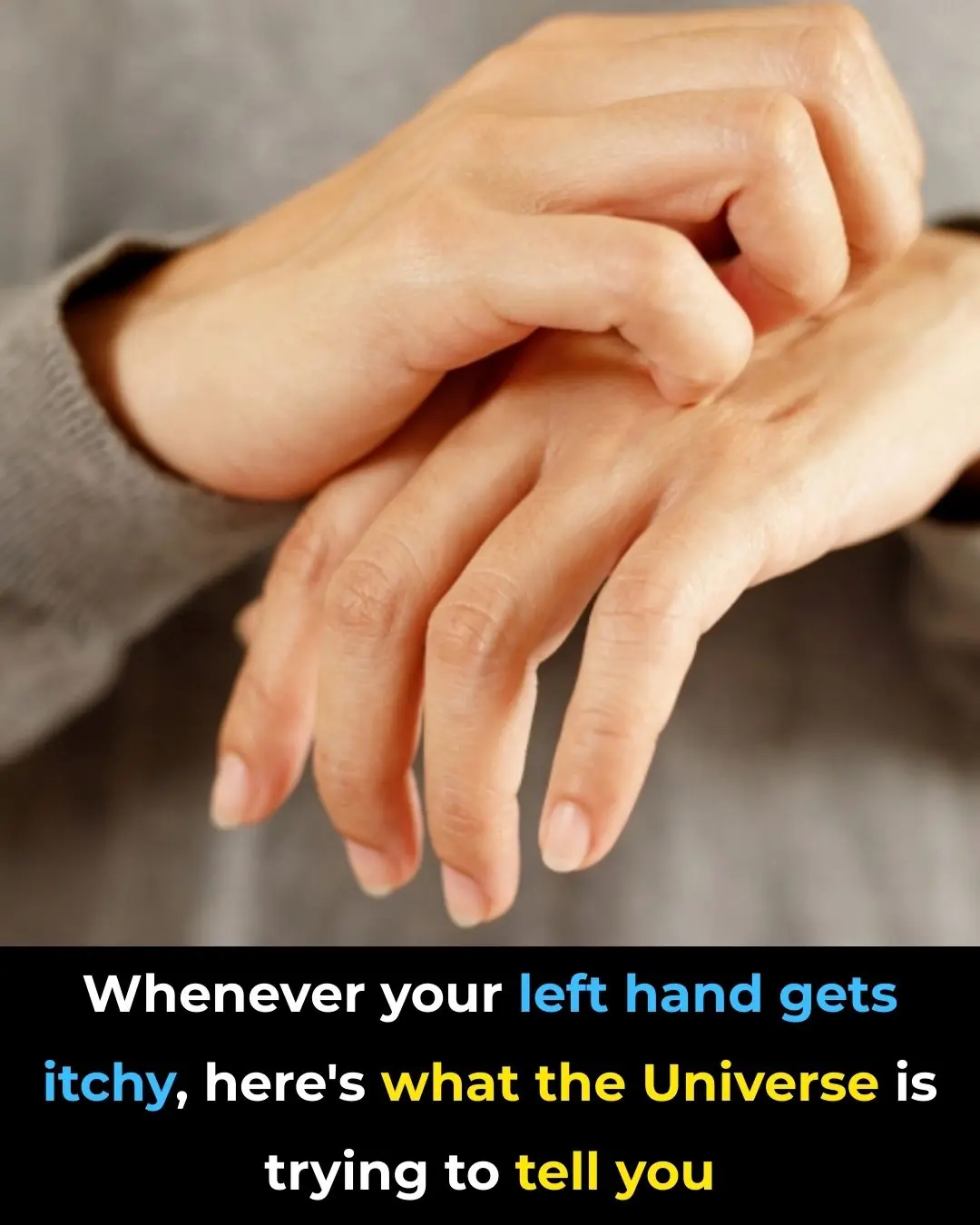
What Does an Itchy Left Hand Mean
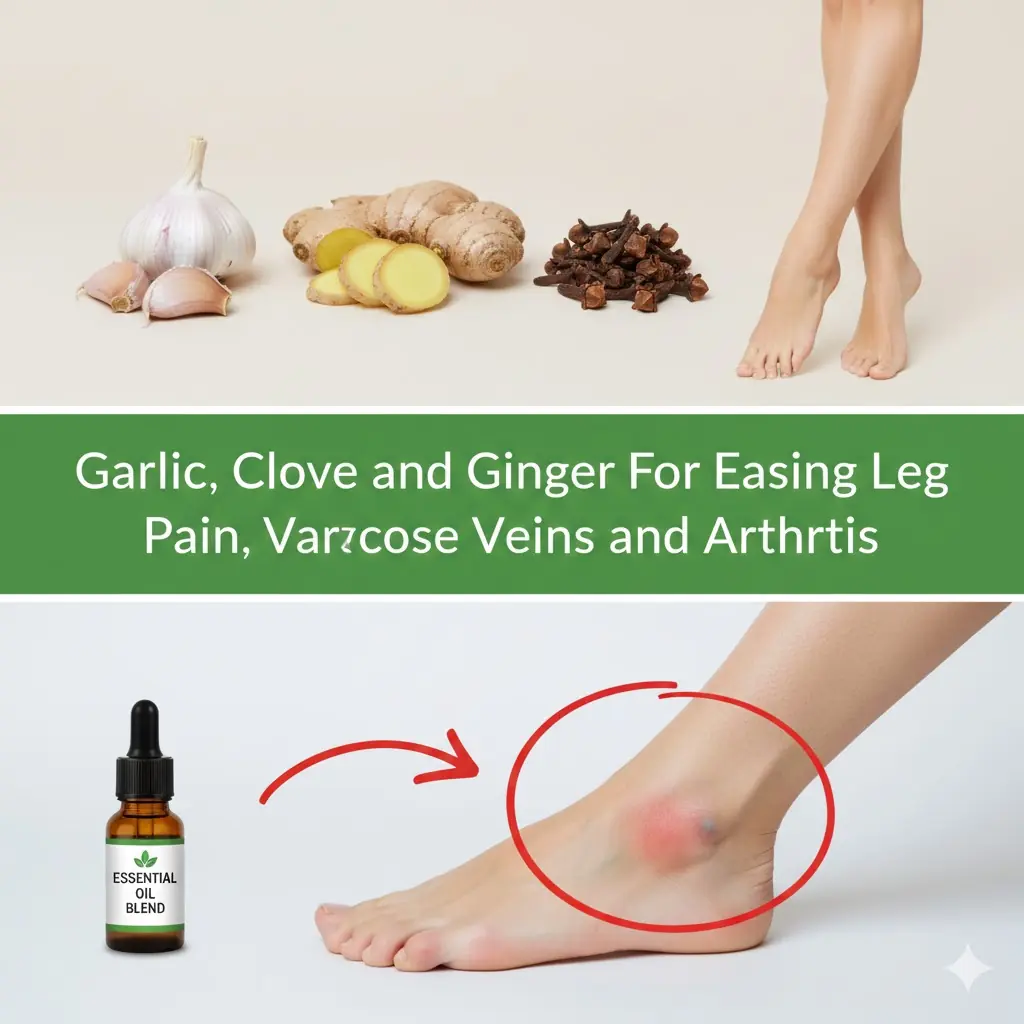
It's a pain killer, helps relieve leg pain, varicose veins, rheumatism, and arthritis...👇

4 Fruits You Should Eat in Moderation After 60 — And How to Enjoy Them Without Losing Muscle
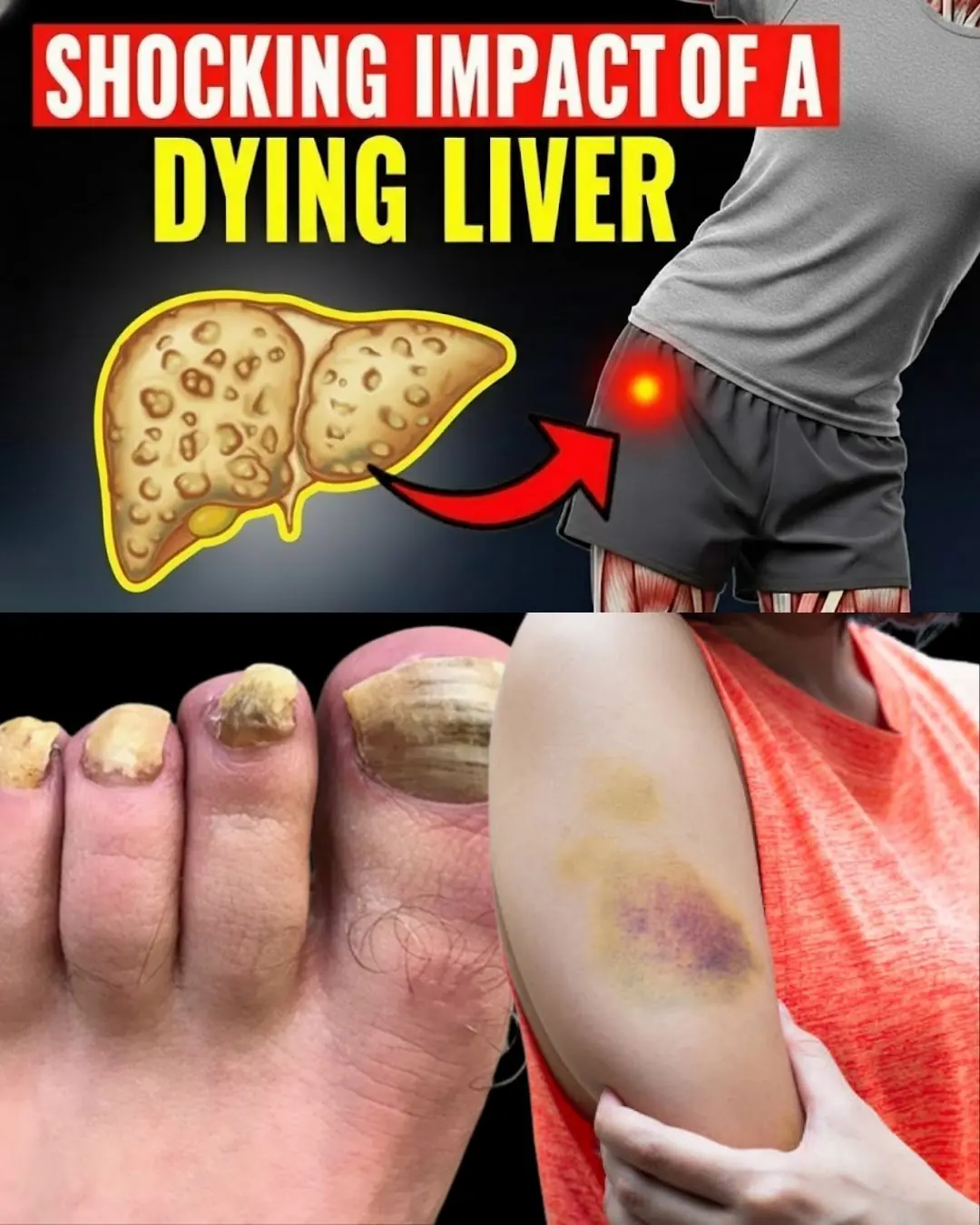
15 Strange Early Signs of Liver Failure That Even Doctors Often Miss

Why Your Cat Chooses to Sleep With You

10 Conditions Ginger Can Help Manage Naturally

What To Know About Chronic Kidney Failure

Harvard Doctor Reveals Foods You Should Avoid to Prevent Inflammation

Silent Cancer Signs: 3 Persistent Pains Your Body Uses as Early Warnings

Natural Remedies for Prostate Health: How to Protect Yourself from Prostate Cancer
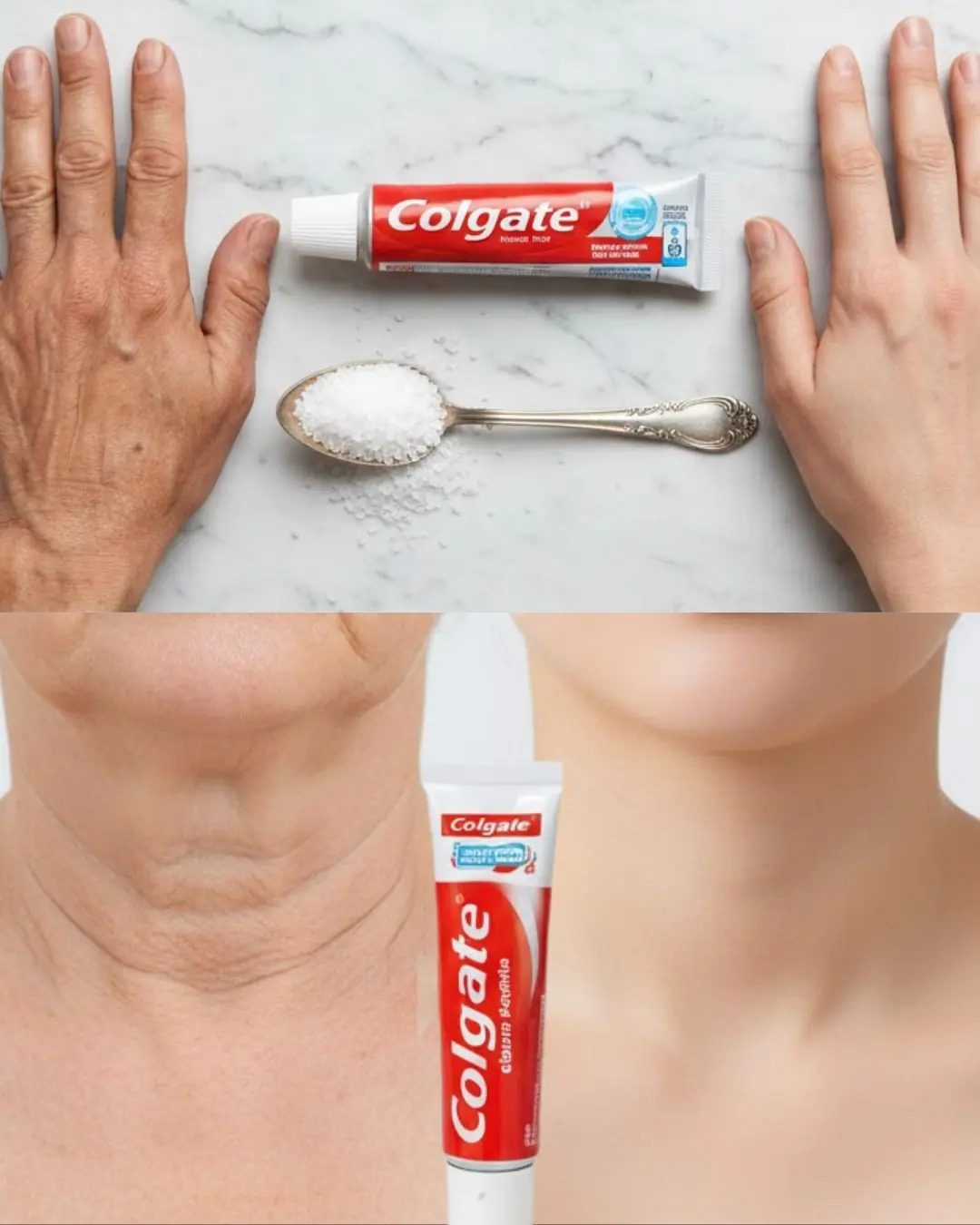
It Looks Like I Had a Cosmetic Procedure”: The At-Home Remedy People Are Using to Improve the Appearance of Wrinkles and Dark Spots on Hands and Arms

The Best-Kept Secret of Natural Medicine Revealed! Goodbye Diabetes and High Blood Pressure
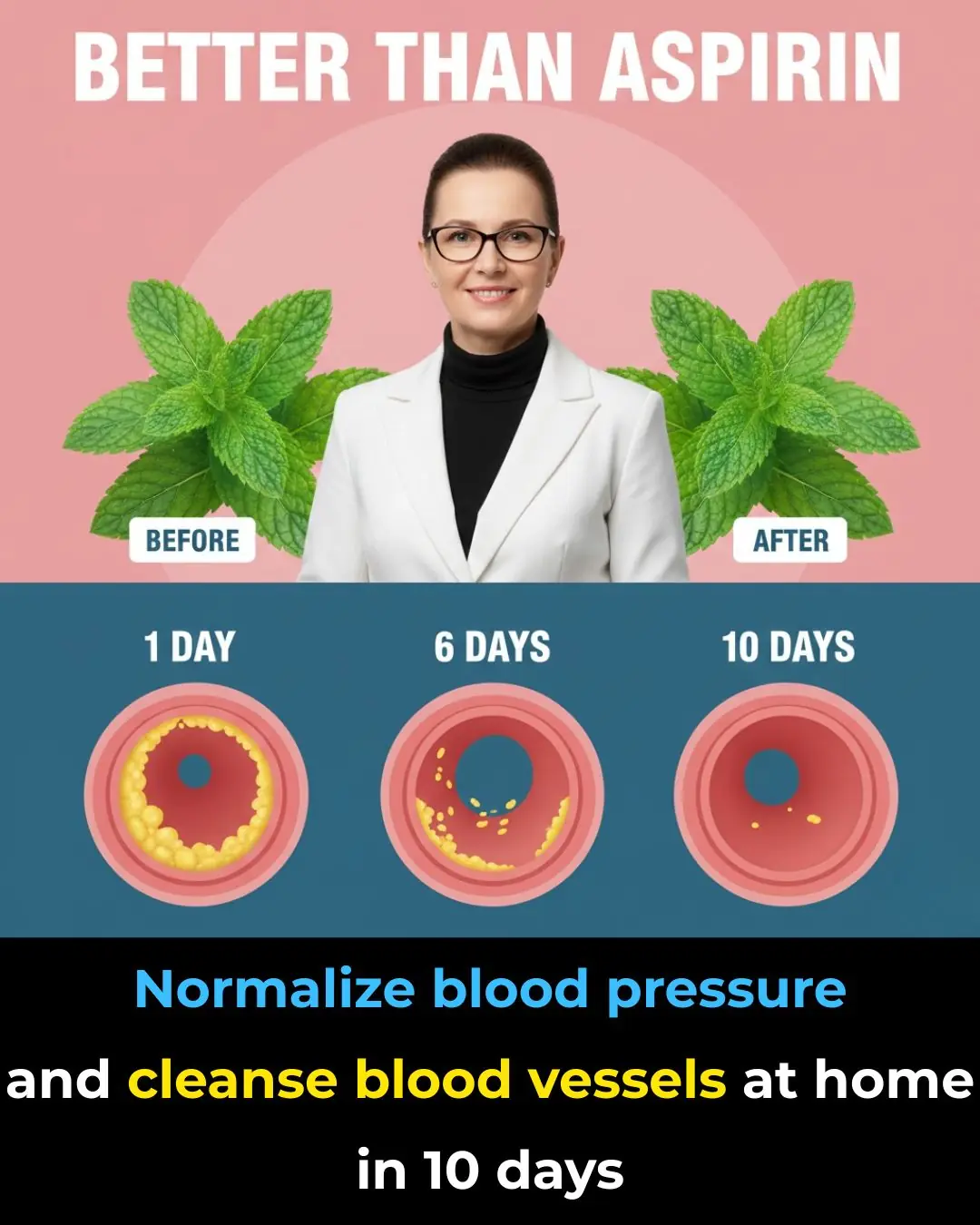
Say Goodbye to Clogged Arteries With These Powerful Foods (Better Than Aspirin!)
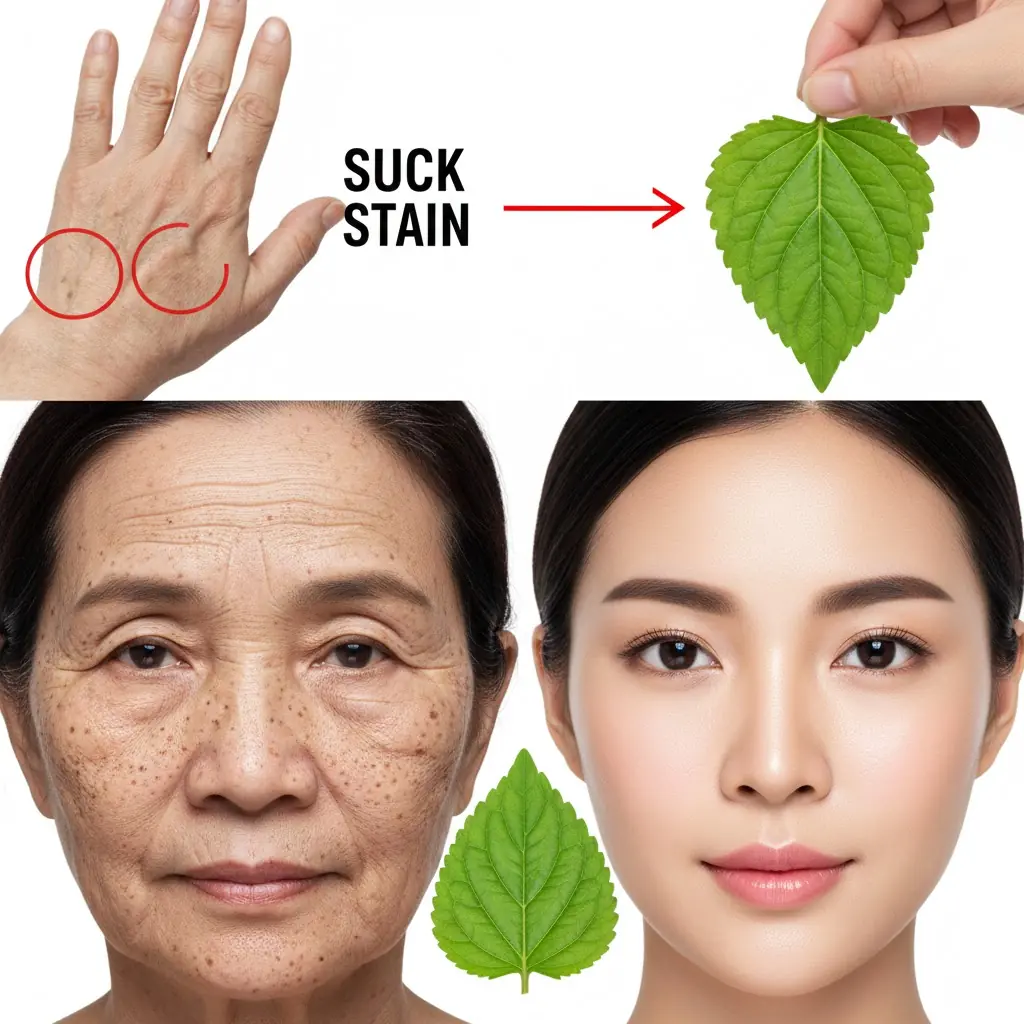
Old Wrinkles and Drooping Mouth? Not Anymore

The Hidden Power of Guava Leaves: Why More People Are Drinking This Tea Daily 🍃

Natural Remedy with Ginger, Onion, Garlic, Lemon, and Honey: A Homemade Recipe to Boost Immunity and Ease Colds and Coughs
News Post

Billionaire Fires Server at Daughter’s Funeral—Then Sees THIS

🌿 What Rosemary Can Actually Do

Early Symptoms of Ovarian Cancer

🩺 If Your Legs Feel Heavy, Cold, or Tingly—Here’s What It Means (And How to Improve Circulation Naturally)

10 Warning Signs It’s Time to Cut Back on Caffeine

🥦 3 Vegetables That Support Cancer Prevention — Backed by Science

What Does an Itchy Left Hand Mean

Bouncer Destroys Veteran’s Medals—Then Learns What He Just Touched

The Empty Chair

The Powerful Benefits of Eating Lactuca serriola Leaves (Prickly Lettuce)

The Desert Survivor That Preserves Cells, Fights Oxidation, and Commands Respect

The Health Benefits and Uses of Broadleaf Plantain (Plantago major)

White Clover (Trifolium repens): 15 Benefits and Homemade Uses

Stinging Nettle (Urtica dioica): The Hidden Power of Leaves and Seeds

It's a pain killer, helps relieve leg pain, varicose veins, rheumatism, and arthritis...👇

4 Fruits You Should Eat in Moderation After 60 — And How to Enjoy Them Without Losing Muscle

15 Strange Early Signs of Liver Failure That Even Doctors Often Miss

The Real Power of Dandelion Is in the Root

The Hidden Power of Puncture Vine Fruit (Tribulus terrestris)
